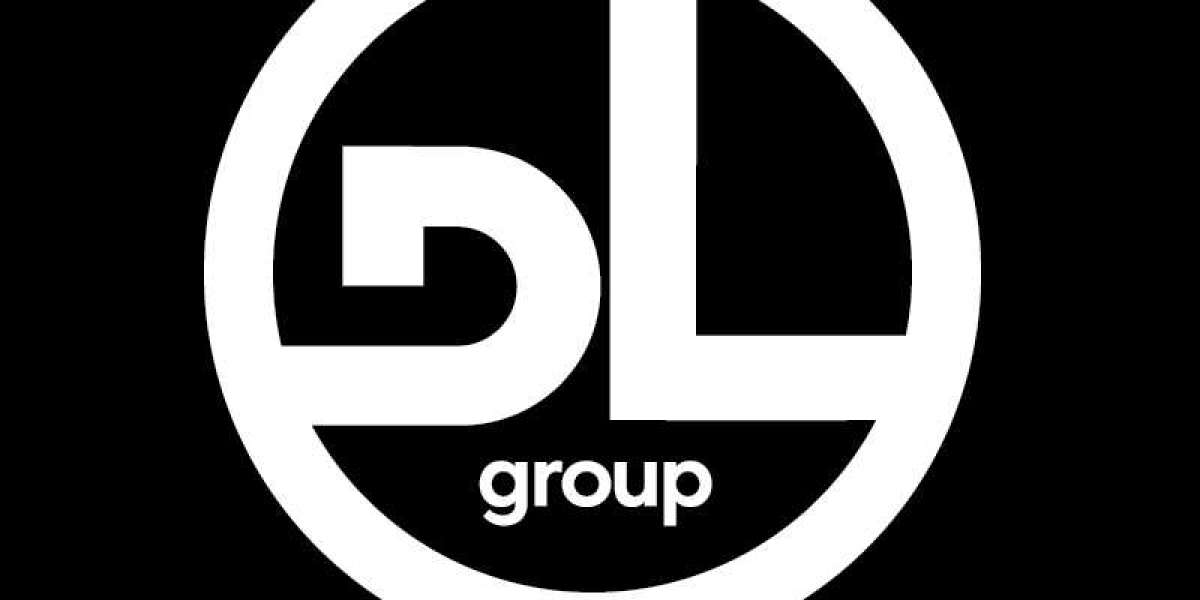Outsourcing Network Operations Center (NOC) services can be a game-changer for businesses looking to streamline operations and focus on their core competencies. However, with this advantage comes the critical need to address and minimize security risks. In this article, we'll delve into effective strategies to enhance security when outsourcing NOC services.
Understanding NOC Services
What is a NOC?
A Network Operations Center (NOC) is a centralized location from which IT professionals monitor, manage, and maintain client networks. It's the heart of a company's IT operations, ensuring network uptime, performance, and security.
Functions of a NOC
NOCs handle tasks like network monitoring, incident response, troubleshooting, and performance optimization. They play a crucial role in maintaining the health and efficiency of IT infrastructures.
Benefits of Outsourcing NOC Services
Cost Efficiency
Outsourcing NOC services can significantly reduce operational costs. Instead of investing in expensive infrastructure and in-house expertise, companies can leverage the resources of specialized service providers.
Access to Expertise
NOC service providers bring a wealth of expertise and experience. They employ skilled professionals who are adept at handling complex network issues, ensuring optimal performance and security.
Focus on Core Business Activities
By outsourcing NOC services, businesses can focus on their core activities. This allows for better allocation of resources and energy towards growth and innovation.
Potential Security Risks in Outsourcing NOC Services
Data Breaches
One of the most significant risks is data breaches. Sensitive information can be compromised if the service provider does not have robust security measures in place.
Unauthorized Access
Unauthorized access can occur if proper access controls are not implemented. This can lead to malicious activities and data theft.
Service Disruptions
Service disruptions can happen due to various reasons, including cyberattacks, which can affect business continuity and customer trust.
Choosing the Right NOC Service Provider
Evaluating Provider Credentials
Choosing a reputable NOC service provider is crucial. Evaluate their credentials, client testimonials, and industry reputation. Look for providers with a proven track record in security.
Importance of Certifications
Ensure the provider holds relevant certifications like ISO 27001, which indicates their commitment to information security standards.
Implementing Strong SLAs (Service Level Agreements)
Defining Security Protocols
Your SLA should clearly define security protocols. This includes data protection measures, incident response times, and compliance requirements.
Regular Audits and Compliance Checks
Incorporate regular audits and compliance checks into the SLA to ensure continuous adherence to security standards.
Data Encryption and Secure Communication
Importance of Data Encryption
Encrypting data is vital to protect it from unauthorized access. Ensure that the NOC provider uses strong encryption methods for data at rest and in transit.
Using Secure Communication Channels
All communication with the NOC should be conducted through secure channels, such as VPNs or encrypted email services, to prevent interception by malicious actors.
Access Controls and Authentication
Role-Based Access Controls
Implement role-based access controls (RBAC) to ensure that only authorized personnel have access to sensitive information and critical systems.
Multi-Factor Authentication
Utilize multi-factor authentication (MFA) to add an extra layer of security. This reduces the risk of unauthorized access even if credentials are compromised.
Regular Security Audits and Assessments
Scheduling Regular Security Audits
Regular security audits help identify and address vulnerabilities. Schedule these audits periodically to maintain a robust security posture.
Importance of Third-Party Assessments
Engage third-party security experts to conduct assessments. They provide an unbiased view of your security measures and can offer valuable recommendations.
Employee Training and Awareness
Importance of Training
Training employees on security best practices is essential. Well-informed staff can recognize and respond to potential threats effectively.
Continuous Security Awareness Programs
Implement continuous security awareness programs to keep employees updated on the latest threats and mitigation techniques.
Incident Response and Recovery Plans
Developing Incident Response Plans
Develop comprehensive incident response plans to handle security breaches efficiently. These plans should outline steps for identification, containment, eradication, and recovery.
Regular Testing and Updating of Plans
Regularly test and update your incident response plans to ensure they remain effective against evolving threats.
Vendor Transparency and Accountability
Ensuring Transparency in Operations
Ensure your NOC provider operates transparently. They should be open about their security measures, incident history, and any potential risks.
Accountability Clauses in Contracts
Include accountability clauses in your contracts to hold the provider responsible for security breaches or failures.
Monitoring and Reporting
Real-Time Monitoring Systems
Implement real-time monitoring systems to detect and respond to security incidents promptly. These systems provide continuous visibility into network activities.
Regular Reporting Mechanisms
Establish regular reporting mechanisms to keep track of security events and measures taken. This ensures accountability and allows for timely interventions.
Legal and Regulatory Compliance
Understanding Compliance Requirements
Understand the legal and regulatory requirements applicable to your industry. Ensure your NOC provider is aware of and complies with these regulations.
Ensuring Provider Adherence to Laws and Regulations
Regularly review your provider's compliance with relevant laws and regulations to avoid legal repercussions and maintain trust.
Conclusion
Outsourcing NOC services can offer significant benefits, but it's crucial to address security risks effectively. By choosing the right provider, implementing robust security measures, and maintaining continuous vigilance, businesses can minimize risks and ensure the secure operation of their networks.
More info: Role of Outsourced NOC Services
We think you’ll also like: On-demand IT services








